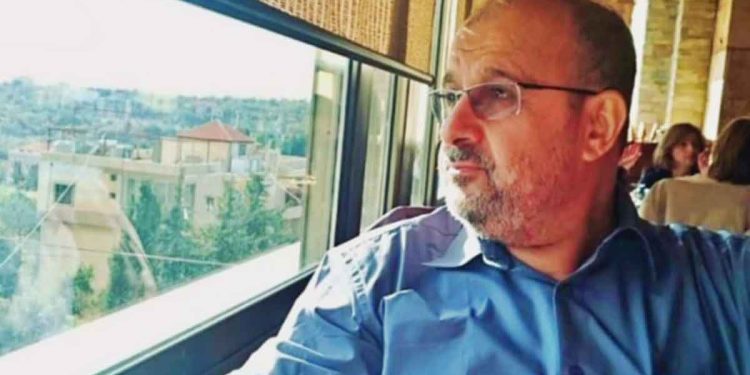Saudi journalist Abdulrahman Farhana has now completed six years in detention, following his arrest on 22 February 2019 on charges linked to supporting the Palestinian resistance. His prolonged imprisonment, marked by enforced disappearance, unfair trial proceedings, and allegations of ill-treatment, underscores the systematic repression of journalists and dissenting voices in Saudi Arabia.
Farhana was detained by Saudi State Security forces at a checkpoint near Dammam Airport while travelling to Jeddah. Following his arrest, he was taken to his home, where security officers searched the premises and confiscated his phone and laptop before transferring him to an undisclosed location. His family was denied any information about his whereabouts, and he was deprived of essential medication for chronic conditions, including hypertension, diabetes, and cerebral ischaemia.
Farhana remained in enforced disappearance for four months, during which time his family made repeated attempts to locate him, reaching out to State Security agencies, detention facilities in Dammam and Riyadh, and Dhahban Prison. Despite their efforts, his name did not appear in any official records during this period, raising serious concerns over secret detentions and due process violations.
On 8 March 2020, Farhana was brought before the Saudi Public Prosecution, where he was charged with “belonging to or assisting a terrorist organisation”, a designation often used against individuals accused of supporting the Palestinian resistance. His case was referred to the Specialised Criminal Court, known for issuing severe sentences against activists, journalists, and political dissidents. On 8 August 2021, he was sentenced to 19 years in prison, later reduced to nine and a half years.
Throughout his detention, Farhana has reportedly suffered from both psychological and physical mistreatment. His health has significantly deteriorated, exacerbated by medical neglect and harsh prison conditions. In 2020, he was placed in solitary confinement for six months, allegedly as part of COVID-19 measures, raising further concerns about the use of isolation as a punitive tool against detainees.
On 18 November 2022, the United Nations Working Group on Arbitrary Detention issued Opinion No. 84/2022, concluding that Farhana’s detention was arbitrary and calling for his immediate release. The UN panel also expressed concern over the systematic nature of arbitrary detention in Saudi Arabia, citing over 70 documented cases of human rights violations in the country. The report warned that such practices could amount to crimes against humanity under international law.
The continued imprisonment of Farhana highlights the escalating crackdown on press freedom in Saudi Arabia, where journalists face detention, secret trials, and prolonged sentences for their reporting or political views. His case is part of a wider pattern of suppression targeting media professionals, in clear violation of Saudi Arabia’s international human rights obligations.
The systematic use of arbitrary detention, enforced disappearance, and unfair trials against journalists and dissidents demands immediate international attention. Saudi authorities must uphold the principles of due process and fair trials, ensuring that the judicial system is not used as a tool for political repression. The arbitrary imprisonment of journalists must end, and urgent action is needed to secure Farhana’s release and hold those responsible for such violations accountable under international human rights law.





























